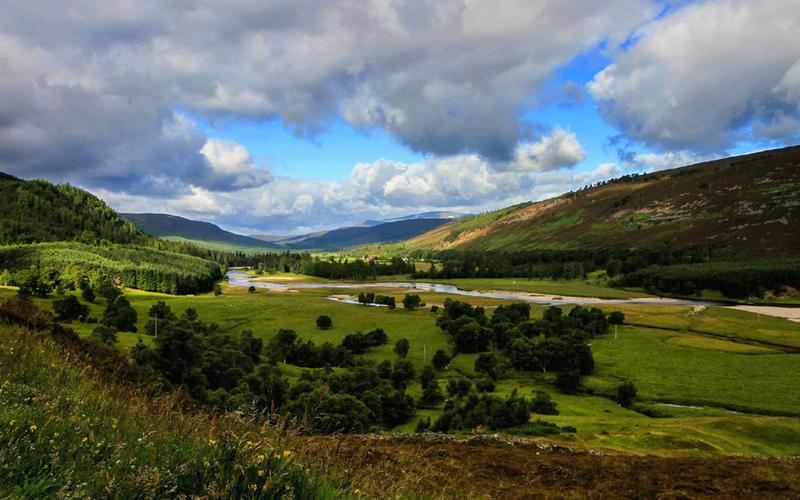Culture evolves over time, shaped by economic, political, social, and technological changes. The study of history can provide insights into how different cultures have adapted and transformed in response to these changes.
In ancient times, cultures were mostly isolated and grew at a slow pace, with innovations and art reflecting their isolated nature. For example, in Ancient Greece, philosophers like Aristotle and Plato were able to curate works that helped shape modern-day science and philosophy. In ancient Egypt, society was divided into a rigid hierarchy, and religions based their practices on various gods and pharaohs. While some ancient cultures were dominated by kings and emperors, others were more democratic, such as the Athenian democracy in Greece.
As time passed and the world became more connected, cultures began to intermingle and exchange ideas, goods, and beliefs. With the rise of the Roman Empire, trade routes were established that allowed for the exchange of goods and ideas between different cultures. This newfound exchange of cultural traditions led to the spread of Christianity, as well as the development of the Roman Catholic Church.
The Middle Ages brought an age of exploration and discovery, as well as the development of feudalism. During this time, music, art, and architecture flourished under the influence of the Renaissance, which was a period of cultural and social transformation. The rise of the printing press also made it possible for the sharing of knowledge to be widespread, enabling the Renaissance to drive ideals, like the rediscovery of classical values and works, around the world.
The Age of Enlightenment led to a greater emphasis on science, reason, and individualism. This shift in cultural values led to discoveries in medicine, physics, and mathematics, among others. The Industrial Revolution paved the way for technological advancements and led to an increase in population growth, as well as the rise of capitalist economies.
In the modern era, cultural and social transformations have led to greater communication and globalization. The invention of the Internet has allowed for instant communication and the spread of ideas across the globe. Cultural traditions have merged, with former colonizers now integrating ideas from their former colonies into their own cultures, often leading to a rise in multiculturalism.
As time continues to pass, cultures will inevitably continue to change and evolve, spurred on by economic, social, and technological advancements. Through the study of history, we gain insights into how different cultural traditions have transformed over time and the role that cultural exchange has played in shaping our world.
(Note: Do you have knowledge or insights to share? Unlock new opportunities and expand your reach by joining our authors team. Click Registration to join us and share your expertise with our readers.)
Speech tips:
Please note that any statements involving politics will not be approved.
